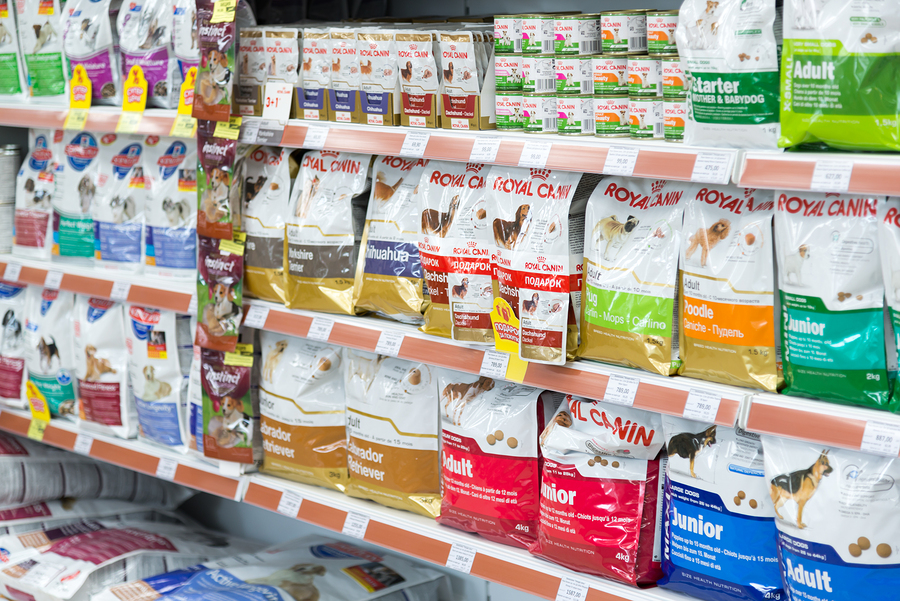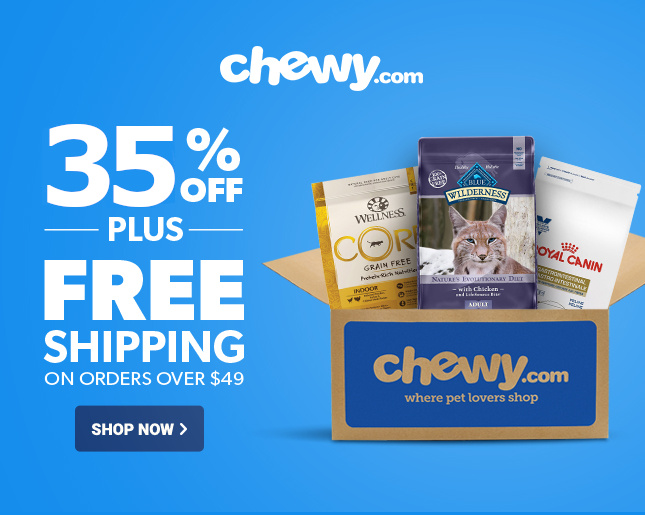
This post may contain affiliate links. We are compensated for referring customers to our affiliate partners.
You love your dogs. So you always to try to make sure you are feeding you dog the best quality dog food. Unfortunately, dog food is not as regulated as human food. Therefore many dog food manufacturers will take short cuts in the manufacturing process and add chemicals that are not good for the health of our dogs. So it is up to us to make sure that we understand what ingredients can be toxic for our dogs and avoid them. Here is a list of additives that are commonly food in dog foods that can be detrimental to the healthy of your dog.
So if you find any of these chemicals in the ingredients list of your dog food, you should consider changing brands.
Why Some Manufacturers Use Unhealthy Chemicals In Dog Food
It is difficult to understand why some dog food manufacturers would use toxic ingredients in their products. It seems like it would be counterintuitive to a good business model to sell an unhealthy product.
However, most of these chemicals do not immediately impact the health of a dog. Instead most of the health issues they cause are long term or in some cases, only impact some dogs. These chemicals are typically used to cut down the costs of manufacturing. Most of them are preservatives or stabilizers that create a longer shelf life. Others falsely bolster the evaluation of the nutritional content more cost effectively that using natural ingredients. In some cases, food coloring is added to improve marketing to humans or excessive amounts of sugar may be added to make the food more tasty to your dog.
So, for many dog food manufacturers, specifically the lower quality, less expensive brands, these additives are a way for them to sell more product at a cheaper cost. Since they are not highly regulated, they use these chemicals this without oversight.
Six Dog Food Ingredients To Avoid
When you are purchasing a dog food or comparing dog foods to feed your pet, make sure you take some time to read the ingredients list. Knowing the lack of regulation, you cannot trust claims made on the label. You can only trust the ingredients panel to help understand if the dog food is healthy. When reading the label there are some key ingredients to avoid. The following is a list of six chemicals that you should always avoid when choosing a dog food:
- BHA/BHT: Both BHA (butylated-hydroxyanisole) and BHT (butylated hydroxytoluene) are inexpensive chemical preservatives used to preserve fats and oils. They are synthetic versions of vitamin E and some manufacturers will use them to bolster their nutritional claims. BHA and BHT are extremely carcinogenic and in many countries are banned from food use. These preservatives have been have been shown to cause cancer in lab animals and have been linked with kidney and liver failure in dogs.
- Ethoxyquin: Ethoxyquin was developed as a chemical pesticide for fruit. It is used as a dog food preservative typically found in highly processed dog foods containing fish products to stabilize the fat. Ethoxyquin is also used to preserve the color and flavor of dog foods. Studies have shown dogs consuming a food with ethoxyquin have higher rates of kidney and liver damage, hyperthyroidism, reproductive issues, cancer, blindness, and immune deficiency syndrome. The FDA is currently studying the negative impact of Ethoxyquin on dogs and may soon ban the ingredient.
- Menadione Sodium Bisulfate: Menadione Sodium Bisulfate is a synthetic vitamin K, listed also as “vitamin K3.” Vitamin K is a crucial nutrient for dogs, so this chemical is used to bolster the vitamin claims of poor quality dog foods. Menadione Sodium Bisulfate actually damages the absorption of both natural vitamin K and calcium which causes a range of health issues. Menadione has also been linked to numerous health issues in dogs like skin irritation, allergic reactions, eczema, and weakened immune systems.
- Propyl Gallate: Propyl Gallate will also be listed as Gallic Acid or Propyl Ester is used as a fat stabilizer in dog foods. It is also has antioxidant properties which help blocked oxygen from entering the food and causing it to go rancid. Propyl Gallate is often used in conjunction with BHA and BHT to preserve dog food. Studies on rats have linked Propyl Gallate to cancer and kidney and liver problems. It also has been known to cause allergic reactions, breathing issues, stomach pain, and skin irritability in dogs.
- Propylene Glycol: Propylene Glycol is an inexpensive chemical ingredient found in antifreeze that is mainly used as a humectant to keep dry dog food from losing its moisture. Propylene Glycol is also used as a preservative and antibacterial in dog foods because it adds sweetness to the flavour. Propylene glycol is incredibly disruptive to healthy digestion and can cause intestinal lesions and blockage. It is banned in the European Union from being added to dog foods but is still allowed in other countries.
- Sorbitol: Sorbitol is a synthetic chemical sweetener added to make the flavor of dog food more appealing. Like all sweeteners, you should avoid feeding your dog sorbitol because it causes a range of health issues like hypoglycemia, obesity, nervousness, tooth decay, and allergies. Sorbitol is also linked to arthritis and is known to cause a range of digestion issues including vomiting, diarrhea, stomach cramping, and bloody stools. Sorbitol is especially problematic because it makes the food taste sweet, dogs will both overeat and reject healthier, less sweet foods.
The best quality dog food manufacturers tend to only use highly quality ingredients and do not use these six chemical additives. However, consumers usually have to pay a premium price for these top quality foods. Therefore, to offer a more cost effective alternative, some manufacturers use these ingredients to keep their manufacturing costs low and pass those savings onto consumers. Unfortunately though, these really do not save money because of the medical costs associated with the negative side effects. So the financial benefit is not worth it, making it actually more cost effective to go with a top quality dog food over a cheaper, highly process dog food that uses harmful chemicals. So the next time you are shopping for dog food, make sure to read the ingredients list and avoid these toxic chemicals.
